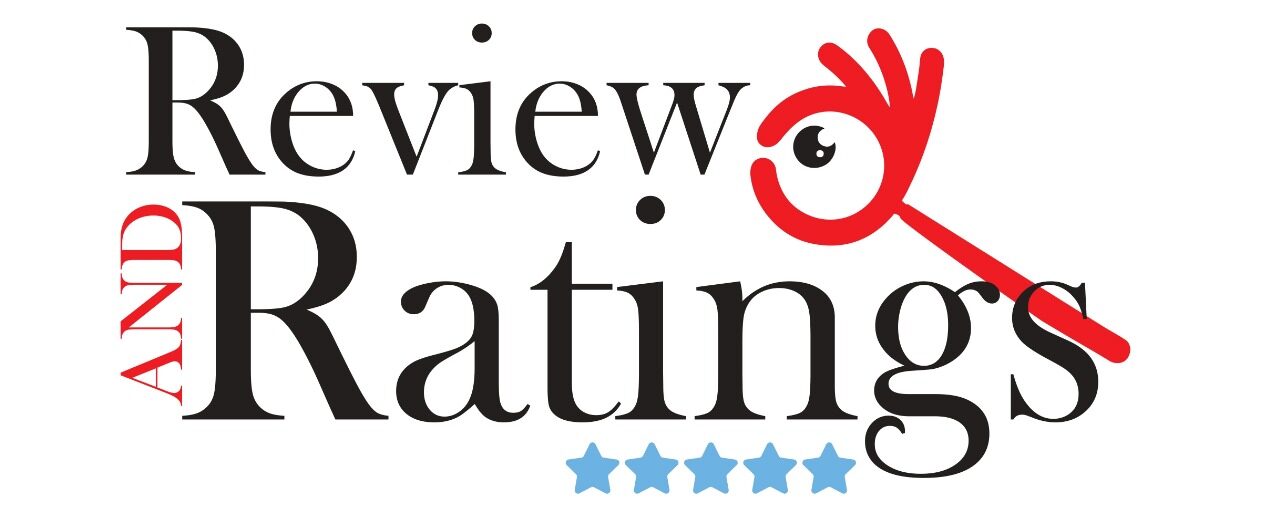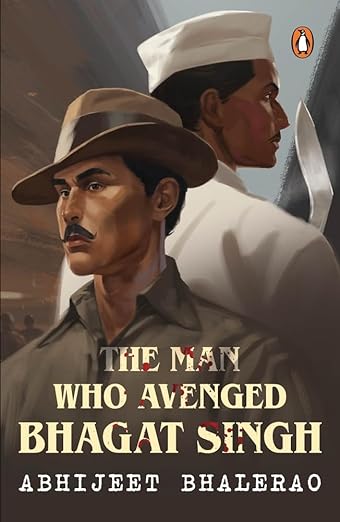“The Man Who Avenged Bhagat Singh” by Abhijeet Bhalerao is set against the turbulent backdrop of India’s struggle for independence. The book explores a lesser-known chapter in history, focusing on the aftermath of Bhagat Singh’s execution. It delves into the Hindustan Socialist Republican Association (HSRA) and the betrayal by Phanindra Nath Ghosh, which led to the arrest and eventual execution of Bhagat Singh, Rajguru, and Sukhdeo. Bhalerao captures the essence of a nation in turmoil, highlighting the sacrifices made by those who fought against the British Raj.
Abhijeet Bhalerao, a multifaceted author, translator, speaker, and visual artist, brings an in-depth understanding of Indian history to his readers. His passion for history and literature is evident in his writings, and “The Man Who Avenged Bhagat Singh” showcases his ability to blend historical facts with gripping narrative.
your Ratings :
Page Content
ToggleSummary
“The Man Who Avenged Bhagat Singh” follows the story of Baikunth Sukul, an unassuming teacher from Bihar who becomes a key figure in avenging the betrayal that led to the execution of Bhagat Singh and his comrades. After Bhagat Singh’s surrender following the 1929 bomb attack in Delhi’s assembly, his trusted comrade, Phanindra Nath Ghosh, turns approver for the British, leading to multiple arrests within the HSRA. The book details the events that follow, focusing on the surviving HSRA members who, despite limited resources, vow to exact revenge. Sukul, deeply inspired by Bhagat Singh, takes on the mission to kill Ghosh.
The narrative is a compelling blend of historical events and personal vendetta, set against the larger struggle for independence. Bhalerao meticulously recounts the challenges Sukul faces in this nearly impossible mission, while also painting a vivid picture of the revolutionary fervor that gripped India during this period. The book serves as a tribute to the unsung heroes of India’s freedom struggle, bringing to light the sacrifices and determination of individuals like Sukul, who fought against overwhelming odds to avenge the death of their comrades.
Main Characters
- Baikunth Sukul: The protagonist, an ordinary teacher turned avenger, driven by his devotion to Bhagat Singh and the cause of Indian independence.
- Phanindra Nath Ghosh: The antagonist, a trusted comrade of Bhagat Singh who becomes a British approver, leading to the downfall of HSRA.
- Bhagat Singh: The legendary freedom fighter whose execution sparks the events of the book, symbolizing the sacrifices made for India’s independence.
- Chandrasekhar Azad: Leader of the HSRA, whose leadership and ideals inspire the revolutionaries.
Plot
The plot of “The Man Who Avenged Bhagat Singh” centers around the betrayal by Phanindra Nath Ghosh and the subsequent quest for revenge by Baikunth Sukul. The book vividly recounts the HSRA’s efforts to combat British rule through armed struggle, the impact of Ghosh’s betrayal, and the personal mission of Sukul to avenge Bhagat Singh’s death. The narrative is fast-paced and filled with tension, as Sukul navigates the dangers of his mission, facing both external threats from the British authorities and internal conflicts within the revolutionary movement.
Writing Style
Abhijeet Bhalerao’s writing is characterized by its clarity, precision, and emotional depth. He successfully blends historical accuracy with a narrative style that keeps readers engaged. The use of vivid descriptions and well-researched details brings the era to life, while the emotional resonance of the characters’ struggles adds a human touch to the historical events. Bhalerao’s ability to weave complex historical facts into an accessible and gripping story is one of the book’s greatest strengths.
Themes
- Patriotism and Sacrifice: The book emphasizes the unwavering commitment of India’s freedom fighters to their cause, even in the face of death.
- Betrayal and Revenge: Central to the narrative is the theme of betrayal by Phanindra Nath Ghosh and the subsequent quest for revenge by Baikunth Sukul.
- Courage and Resilience: The story highlights the courage and resilience of ordinary individuals like Sukul who took extraordinary risks for the freedom of their nation.
Message
“The Man Who Avenged Bhagat Singh” delivers a powerful message about the cost of freedom and the sacrifices made by countless unsung heroes. It serves as a reminder of the importance of remembering and honoring those who fought for India’s independence. The book also underscores the complexity of the freedom struggle, where personal vendettas and nationalistic fervor often intertwined.
Strength
- Meticulous Research: The book is well-researched, providing a detailed account of historical events and figures.
- Engaging Narrative: Bhalerao’s storytelling keeps readers hooked, blending action, emotion, and historical context seamlessly.
- Emotional Depth: The characters are portrayed with emotional depth, making their struggles and sacrifices resonate with readers.
Weakness
- Pacing Issues: At times, the book’s pacing can be uneven, with some sections feeling slower than others.
- Limited Character Development: While the main characters are well-developed, some secondary characters could have been given more depth.
- Historical Accuracy vs. Fiction: Some readers might question the balance between historical accuracy and fictional elements, though this is common in historical fiction.
Conclusion
“The Man Who Avenged Bhagat Singh” by Abhijeet Bhalerao is a compelling tribute to the lesser-known heroes of India’s independence struggle. It brings to light the sacrifices made by individuals like Baikunth Sukul, whose actions were pivotal in the fight against British rule. Bhalerao’s skillful blend of historical facts and narrative fiction makes this book both an educational and engaging read. Despite minor pacing issues, the book succeeds in capturing the essence of a turbulent period in Indian history, leaving readers with a deeper understanding of the complexities of the freedom struggle.
Reader’s Experience
Readers of “The Man Who Avenged Bhagat Singh” will find themselves immersed in the turbulent world of India’s fight for independence. The book’s engaging narrative, combined with its historical accuracy, provides an insightful look into the lives of the revolutionaries who shaped the course of history. The emotional depth of the characters and the high stakes of their mission make for a compelling reading experience.
Recommendation
This book is highly recommended for history enthusiasts, particularly those interested in India’s freedom struggle. It is also a valuable read for anyone looking to understand the personal sacrifices made by the revolutionaries. The book’s blend of action, emotion, and historical context makes it appealing to a wide audience, from students of history to general readers.
Rating : 4.5/5
Available on Amazon : https://www.amazon.in/Man-Who-Avenged-Bhagat-Singh/dp/0143461613
FAQs:
What is “The Man Who Avenged Bhagat Singh” about?
The book follows Baikunth Sukul’s quest to avenge the betrayal that led to the execution of Bhagat Singh and his comrades
Is “The Man Who Avenged Bhagat Singh” historically accurate?
Yes, the book is well-researched and provides a detailed account of historical events, though it also includes narrative elements.
What themes are explored in the book?
The book explores themes of patriotism, sacrifice, betrayal, revenge, courage, and resilience
Checkout other Book reviews at : http://reviewandratings.com/




